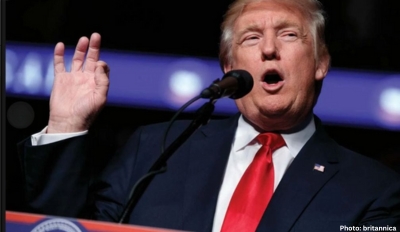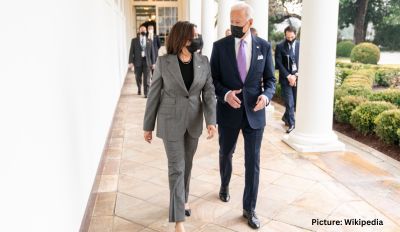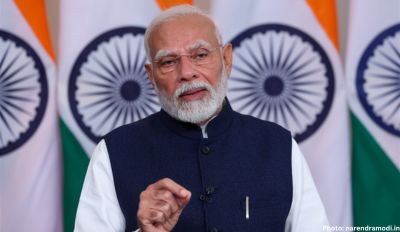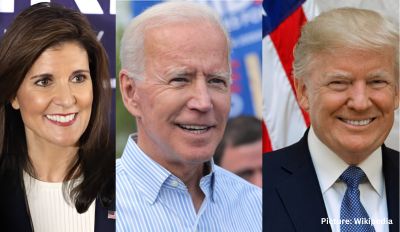The Senate Armed Services Committee (SASC) has put forward a proposal as part of the National Defence Authorisation Act (NDAA) to bolster the United States’ defense cooperation with India. This draft legislation, if implemented, would deepen collaboration between the two countries in key areas of defense and security. The SASC has called on the Pentagon to consider India’s eligibility for various security cooperation benefits, recognizing it as a major defense partner.
The proposed NDAA urges the US defense secretary to expand cooperation with India in crucial domains, including artificial intelligence (AI), undersea domain awareness, air combat and support, munitions, and mobility. Additionally, it advocates for joint efforts in counter-terrorism operations, maritime and border security operations, and military intelligence operations to build capacity.
The Senate’s version of the NDAA, though not the final act, carries weight as it enjoys bipartisan support and is based on inputs from the Department of Defense (DOD) as well as the result of increased engagement between the US Congress and India in recent months. High-level diplomatic interactions, such as the visit of Senate Majority Leader Chuck Schumer to India, underscore the significance of the partnership between the two nations in the context of competition with China.
The NDAA draft proposes four specific lines of effort to ensure India’s benefits as a major defence partner:
1. “Eligibility for funding to initiate or facilitate cooperative research, development, testing, or evaluation projects” in areas like AI, undersea domain awareness, air combat, munitions, and mobility.
2. “Eligibility to enter into reciprocal agreements with the Department of Defence for the cooperative provision of training” in areas such as counter-terrorism, border security, military intelligence, and cyberspace security.
3. “Eligibility to enter into a memorandum of understanding or other formal agreement with the Department of Defence for conducting cooperative research and development projects on Défense equipment and munitions.”
4. “Eligibility for Indian companies to bid on contracts for the maintenance, repair, or overhaul of DOD equipment located outside the US.”
The proposed legislation also requires the defense secretary to provide a briefing to relevant Senate and House committees on the status of security cooperation activities with India in the specified areas by March 1, 2024.
Sameer Lalwani, an expert on South Asia at the US Institute of Peace, emphasized the significance of this proposed legislation in enhancing the US-India defense relationship. He noted that the legislation moves beyond mere expressions of optimism and offers guidance on specific areas of focus and modalities.
Highlighting the next steps, Lalwani added, “But after assessing India’s eligibility, Congress may then have to tackle potential regulatory or procedural hurdles and appropriate the requisite resources to ensure these efforts of joint research, training, and sustainment remain robust and sustained over time.”
In conclusion, the proposed NDAA reflects the growing importance of the US-India partnership in the defense and security domain. It outlines specific measures to deepen collaboration, emphasizing the need to address challenges and allocate adequate resources for sustained efforts in building capacity and enhancing security cooperation. As the House of Representatives finalizes its version of the NDAA, the proposed legislation sets the stage for further strengthening the defense ties between the two nations in the face of shared regional challenges and interests.











